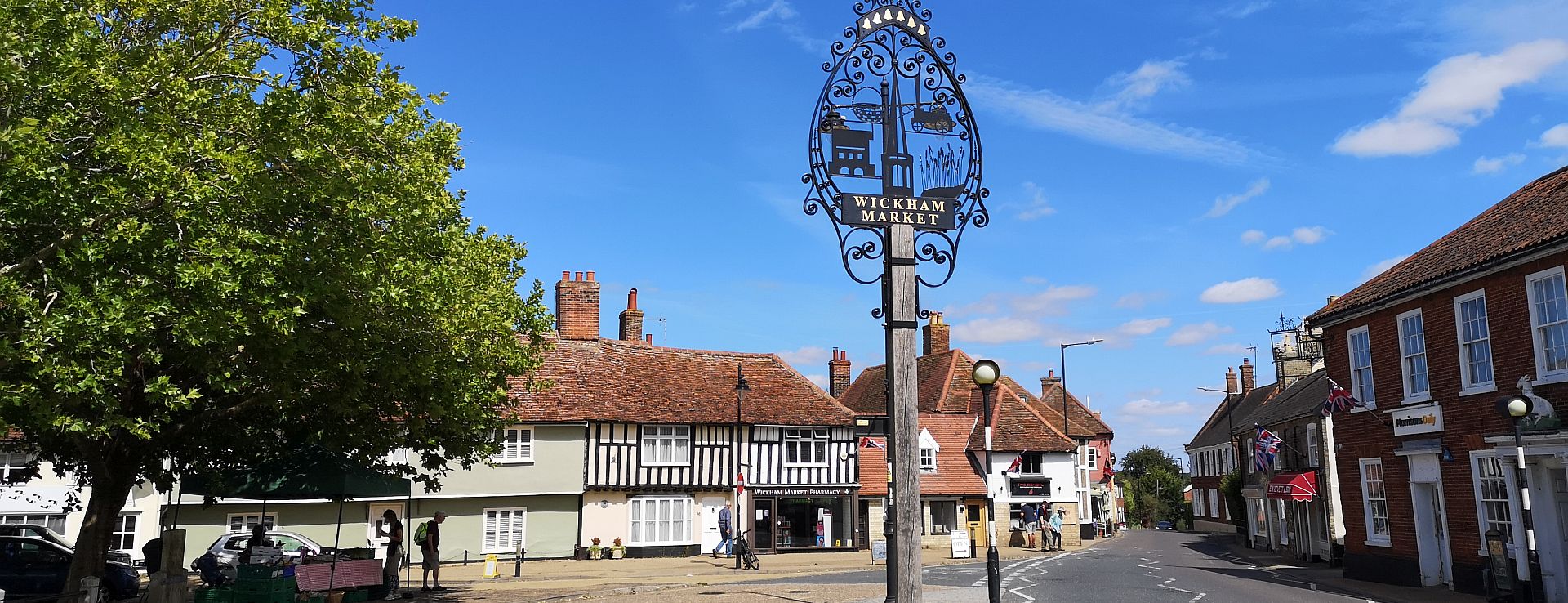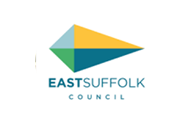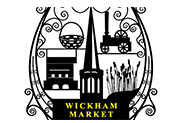Rich in History, Market Heritage & Secret Stories
About Wickham Market
There’s something deliciously off-the-beaten track and authentic about the large heritage village of Wickham Market in Suffolk. With its small-scale colourful markets and collection of independent shops, you’ll find it big on local produce and personal service, with a vibrant supportive community and warm welcome for visitors. Wickham Market and its sharp-spired landmark church perches on the valley slopes of the River Deben. Fertile farms and beautiful countryside surround it. The coast is just across the fields as the crow flies. It’s a gentle, understated sort of Suffolk country place, with a real sense of identity, growing out from its rich history.
Oh, and its definitely a ‘large village’ – never a ‘small town’. How come? Because that’s just not Wickham Market. Visit and you’ll see why!

Shop, sit… and Sherlock
Pop into Wickham Market’s independent shops. Graze for tasty treats, gifts, antiques and irresistible vintage finds. Or simply sit and sip a while at a café on ‘The Hill’. Whatever you choose to do, you can’t help noticing a friendly spot of ‘old Suffolk’ about the place. Be curious. Take a closer look. There’s no need for a magnifying glass to discover how history is in practically every inglenook and cranny here.
Spotted that mullion window at the Pharmacy? The jettied Mansion House next door? The spiky old foundry gatepost down the hill? You’ll never look at Wickham Market the same again!

A productive little place
Discover a village of great taste. Don’t miss Revetts the family butcher, famed for its sausages. Pick up a fresh veg box from the market. Or keep a seasonal eye out for locally grown asparagus, or oysters from Orford’s nearby creeks.
Local produce has always been at the heart of Wickham Market. The clue’s in the name of course, but allotments still take pride of plot behind The Hill’s old White Hart (now shops)! In the 1800s, that very inn saw seeds sown for Suffolk’s annual agricultural show. Horticultural shows remain big village events today, a 70+ year tradition.

A real, relaxed community for visits & stays
Wickham Market’s busy village community values and nurtures the important things in life. Folk make time for each other, stopping for a ‘yarn’ (chat) at the traditional market stalls or over a quick cuppa in the beamed pub or tearoom. There’s a host of community groups, facilities and activities, with new faces welcome to pop by and join in.
Relaxed. Easy-going. Practical. Welcoming. With roads and rail routes to Ipswich and Lowestoft just across the fields, East Suffolk’s heritage coast only a cycle ride away, and bus services to support walks and visits, it’s the perfect place to stay and explore.
Wickham Market History in a Nutshell
The settlement ‘Wikham’ was recorded in the 1086 Domesday Book (see extract). A pivotal point for access to Framlingham – and its mighty curtain-walled castle, home to powerful nobility since the 12th century – Wickham Market was granted a weekly market and two fairs by Henry VI in 1440. It was a place of some importance and had a town hall where quarter sessions were held. The village saw its own mini industrial revolution in Victorian times, boasting its own iron and engineering works which manufactured and exported steam engines, and produced water wheels, windmills and machinery for corn and flour mills.
Today the village has one of the largest conservation areas in Suffolk – a testimony to its history and importance.
Interested in finding out more, or researching your Wickham Market family history? The Wickham Market Area Archive Centre is an awesome resource, staffed by knowledgeable and passionate volunteers.

A (Village) Sign of the Times
Sited on The Hill in the centre of village, the beautiful Wickham Market village sign shares the highlights and history of the town – and it features ironwork for a very good reason. Keep an eye out for more artistic ironwork on the fine buildings around the village!
- The sharp spire of All Saints’ church Wickham Market dominates the village sign as it does the Suffolk landscape. The unusually high church tower ‘grew’ from around 1384 and has been a landmark well over 600 years. The sign also highlights its six bells.
- The banks if the River Deben provide water for the village and its industry, reeds for thatching and supported osier beds to provide willow for weaving.
- Baskets for local farming communities, woven from cultivated willow, were big business here.
- Steam engines were manufactured and exported worldwide from the village’s iron and engineering foundry in the 19th century
- Rackham’s Mill on the River Deben was home to the world’s first roller mill, designed and made in Wickham Market.
The Making & Shaping of Wickham Market


The River Deben & its Valley
For a wealth of reasons, Roman and Iron Age settlers, Anglo-Saxon kings, medieval abbesses, 18th century travellers and Victorian industrialists made Deben Valley lands their home, bringing – and leaving – riches and legacies from their worlds and cultures.
Ipswich Museum displays the Wickham Market hoard of 840 Iron Age gold coins, and a little Roman bronze dog, found in Hacheston. Illuminated manuscripts by the medieval sisters of Ashe Abbey are lost, but still revered. The site of an Anglo-Saxon palace has come to light across the fields at Rendlesham. Physical reminders of WWII remain on view.
The Deben Valley is full of hidden treasures. Wickham Market village is one of the them.
Deben Valley Military HistoryMarkets, Manors, Trade & Travellers
A meeting place centuries before being granted a market (and fairs) charter by Henry VI in 1440, Wickham Market ironically owes its rich heritage and many of the fine buildings on view today, to being very much on (rather than off !) the beaten track. The High Street through the village which runs alongside The Hill (market place) was on the highways and coaching routes from London to Lowestoft and beyond. Up until 1975, many of the village’s picturesque and historic houses saw A12 traffic driving past its doors!
Don’t miss All Saints’ Church, perhaps the village’s earliest surviving building and the houses and former inns lining the old market square.
About the Church Markets & More

Engineers, Entrepreneurs & Industry
It’s Wickham Market’s best-kept secret that engineers and entrepreneurs were core movers & shapers of the village. Today its business park is home to clean industries and antique warehouses, but 150 years ago an iron and engineering works alongside the River Deben with its mighty coal-burning furnace and tall chimney was a different story.
‘Millwrights, Engineers, Founders & Boiler Makers’ – the Whitmore & Binyon works employed 200 men. It left fine buildings, workers’ housing and community legacies when it ceased trading in 1901. But why was the railway not built close to the works? Ah, that’s another story…
Find out More































